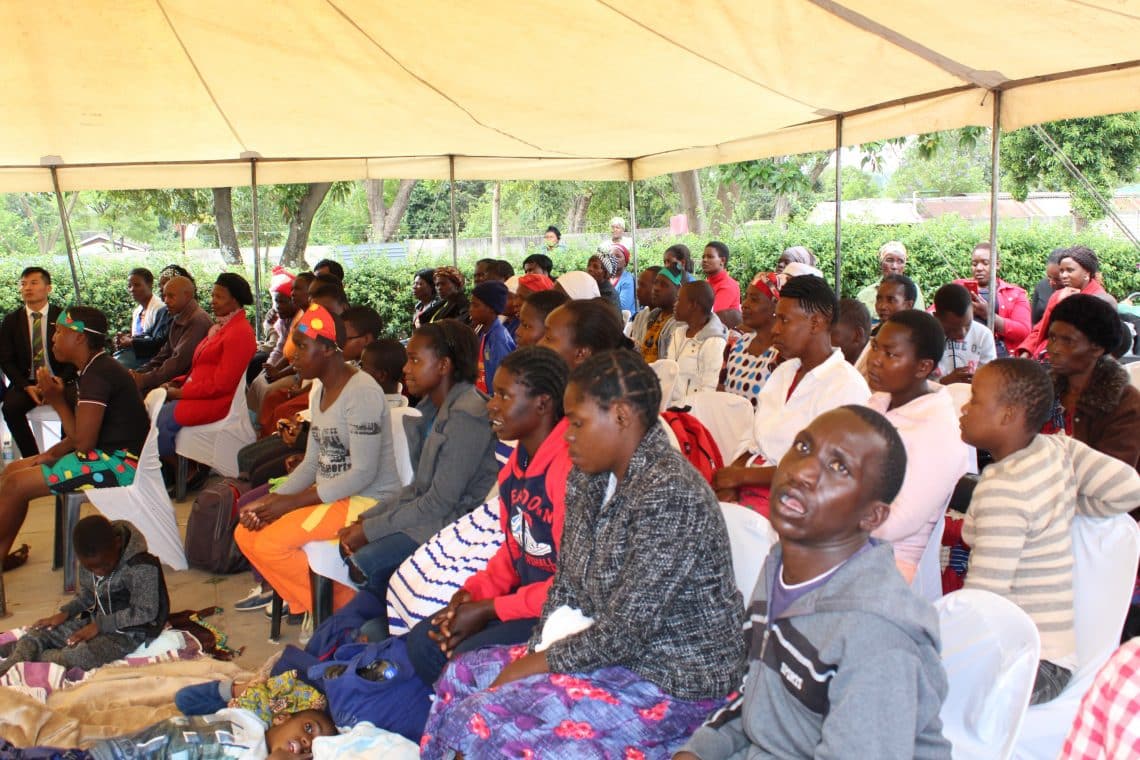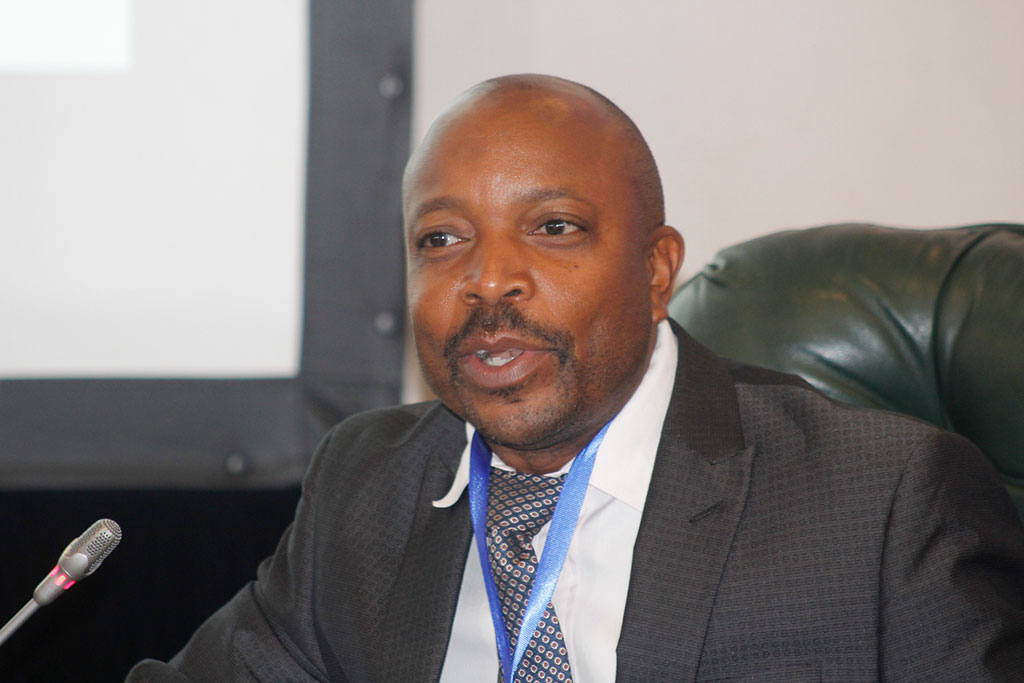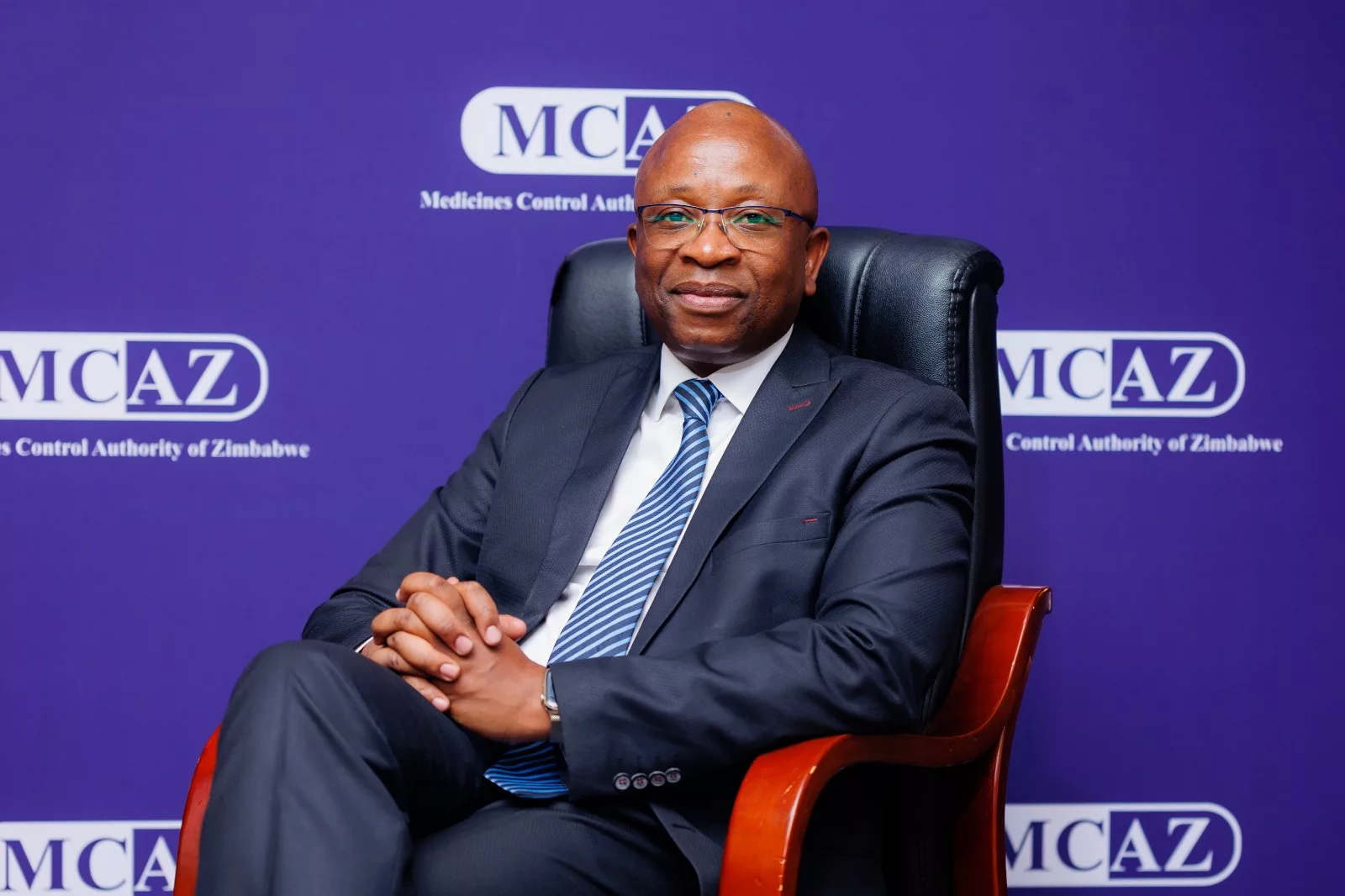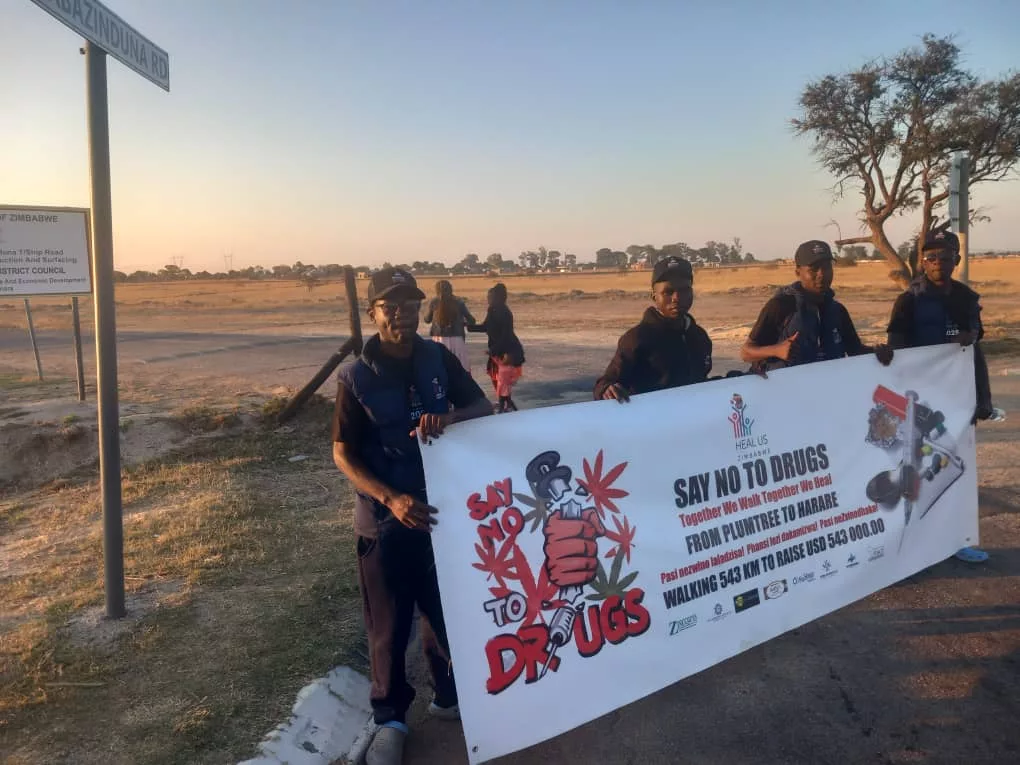By Byron Mutingwende
The Zimbabwe Parents of Handicapped Children Association (ZPHCA) has said it expects that concerns in development such as inclusivity and sensitivity in crucial social facets such as education, health, access and control of resources for children with disabilities will be heard and strengthened for sustainable development.
“In terms of education, we advocate for inclusive education that is motivated by reasonable accommodations basing on the nature of disability of a learner, that which appreciates diversity among learners and their unique educational needs. Children with disabilities fall in this category, inclusive education seeks to create an environment that meets the needs of children with disabilities,” said Theresa Makwara, the ZPHCA National Coordinator.
Inclusive education requires addressing attitudinal and environmental barriers to learning and participation. Special schools are among the major challenges that parents of and children with disabilities face in improving their quality of life.
Most of these special schools are quite expensive and thus most children with disabilities do not get into school, perpetuating the vicious cycle of poverty. It is with great concern that all parties concerned with development agenda influence policy makers and other key stakeholders to establish affordable special schools and upgrade the state of education facilities in order to enable inclusion and inclusive development.
Makwara revealed that disability friendly-budgeting mechanisms are essential in achieving inclusive health. Inclusive Health concept refers to recent developments in the recognition of the rights of people with disability, in the new guidelines for community-based rehabilitation.
“Operations are also among the major challenges faced by children with disabilities. We are delighted that we have merged partnerships such as the one we are gathered here today for the pooling of resources so that we ensure that children with disabilities access health needs and facilities.”
Infrastructure needs attention in order to have easy of access by all members of society including disabled children most of which are not up to universal design. Parents of disabled children face challenges in the area of resource ownership and control.
Charles Chiviru, the Director of Study Circle Alliance of Zimbabwe (SCAZ) called for safe nurturing of children so that they can also match with other able-bodied children.
“There are many gaps as regards children with disabilities. This is due to lack of coherent policies to assist organisations that deal with children with disabilities. Our transport system is not taking into account the disabled community, particularly children who want exposure through mixing with other children,” Chiviru said.
He bemoaned the fact that most children with disabilities are lying idle because there are no schools to accommodate them.
“It’s high time that the government should establish an enquiry on the general upkeep or social and economic status of children with disabilities. This will help in curbing challenges that both parents and children are facing.
“Government should come up with water-tight policies in as far as the status of the disabled community is concerned. All structures of government should look at the status of PWDs, in particular paying attention to children.
Over the years, disability has increasingly become a global issue due mainly to the considerate increase in the number of persons living with disabilities worldwide.
According to World Health Organisation, about 15% of the global population is living with some form of disability. This is around 1 billion people worldwide with most of them living in developing countries.
In Zimbabwe it is at least at 7%, which is around 1.2 million people are living with disabilities. These disability types range from moderate to severe disability. Conflicts, poverty, malnutrition, poor health care systems, environmental hazards, natural and man made disasters, traffic, industrial and home accidents, ageing and disease have all contributed to the increasing number of persons living with disabilities.
Mrs. Miriam Kangai, the ZPHCA Patron said whilst the organisation appreciates and supports national development strategies and policies, it is integral that the process of implementation be sensitive and pay more attention to the needs of children with disabilities.
“We would appreciate if persons with disabilities are trained and financed on income generation for self-reliance. Mobility is one of the biggest problems faced by persons with disabilities where children may be home-bound if they are too old to be carried on their mothers back due to lack of mobility aids such as wheelchairs. There is no such provision for wheelchairs on buses or commuter omnibuses. With the negative attitudes of society, parents find it hard to travel with their children on public transport. My office will continue sourcing for more wheelchairs and other assistive devices.
“In many cases, mothers of disabled children find themselves deserted by their husbands or fathers of their children and end up taking the role of the main breadwinner of the family. Disabled children are often subjects of shame, considered a misfortune or even ending up abandoned. Money for school fees and other essential needs is often spent on the able bodied because the disabled children’s future potential may appear limited thereby preferring to use resources on able bodies children. It is important that society is made aware of the fact that children living with disabilities are not objects of charity but rather subjects with equal rights to every other child,” Mrs. Kangai said.
The Government of Zimbabwe is a signatory to various international and regional conventions such as the United Nations Convention on the Rights of Persons with Disabilities which aims to change attitudes and approaches to persons living with disabilities heightening the movement from viewing disabled persons as objects of social charity, medical treatment and social protection is a major step in improving the statutory instruments in mainstreaming people with disabilities in development and social inclusion.






